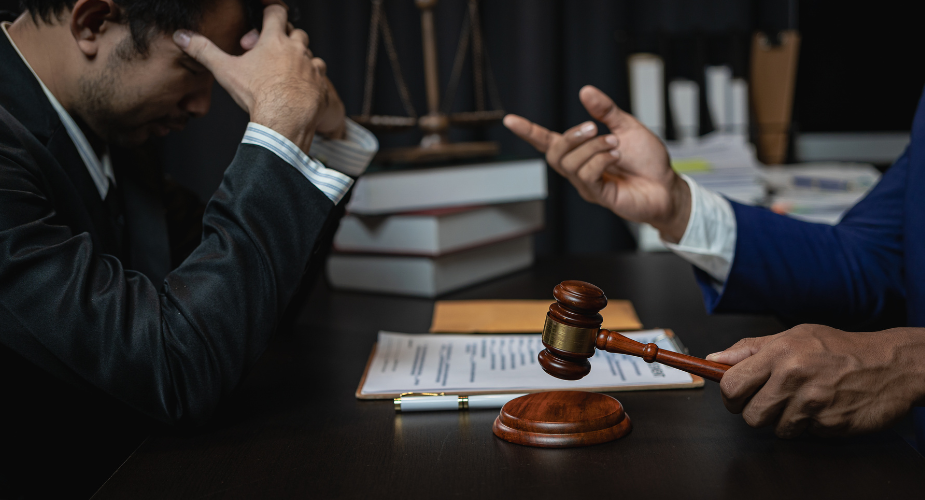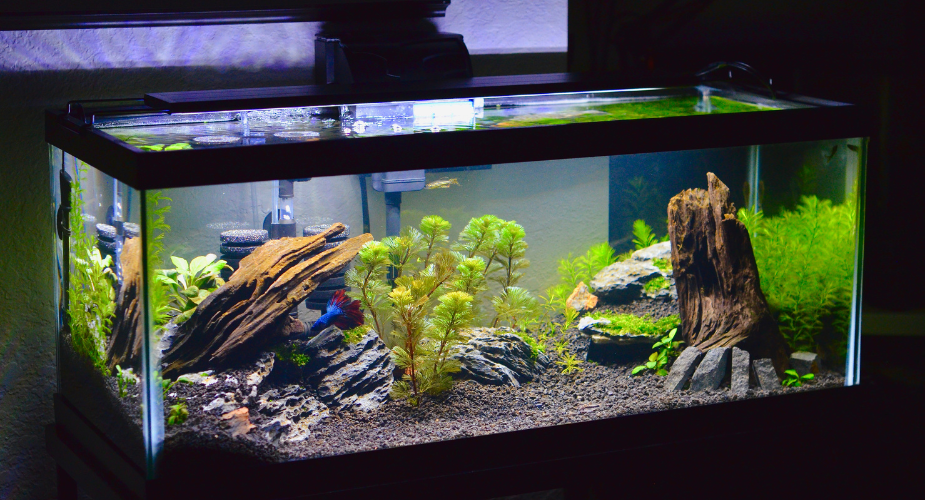Investing in solar energy is smart, but understanding what happens if your solar company goes out of business is just as important. While your panels may still be working just fine, you could face challenges like voided warranties, halted maintenance, and a lack of support for critical components like inverters or monitoring systems. Not to mention, several well-known solar companies closed down last year, including SunPower, which filed for bankruptcy. While there are many reasons a business might shut down, there are steps you can take to protect your solar access in case your provider goes out of business. In this guide, we’ll explain how to navigate these challenges, protect your solar investment, and explore your legal rights.
What Happens If Your Solar Company Goes Out of Business? – A Complete Guide to Protecting Your Solar Investment
- What Happens If Your Solar Company Goes Out of Business?
- What To Do If Your Solar Installer Is Out of Business
- What Legal Options Do I Have?
- How to Protect Yourself from Your Solar Company Going Out of Business
- Tips: Plan for Future Energy Independence
What Happens If Your Solar Company Goes Out of Business?
If your solar installer disappears, understanding what happens if your solar company goes out of business is crucial, as it can affect you in several unexpected ways, some of which may require immediate attention.
1. You Might Lose Workmanship Warranty Coverage
Solar installers typically offer workmanship or labor warranties that cover problems caused by faulty installation, incorrect wiring, or roof penetration issues. These warranties usually last between 5 to 25 years. However, these warranties are often null and void when the company goes out of business. Without that safety net, any installation-related repairs could become your financial responsibility, even if the mistake wasn’t your fault.
2. Manufacturer Warranties Are Likely Still Valid
Although installer warranties may be lost, your solar equipment—such as solar panels, inverters, and batteries—is usually covered by the manufacturer. These warranties often last 10–25 years and can remain valid even if your installer goes under. You’ll need to reach out directly to the manufacturer, provide proof of purchase and serial numbers, and then work with a third-party installer to complete any necessary repairs or replacements.
3. Monitoring May Be Interrupted
If your installer offered a custom monitoring platform or app, it might stop functioning once their servers shut down. This won’t stop your system from producing energy, but it may leave you in the dark about how much electricity your panels are generating. In some cases, you can switch to the manufacturer’s app or install a third-party monitoring system to restore visibility.
4. System Repairs or Upgrades May Be Harder
With your original installer out of the picture, you’ll need to hire a new licensed solar technician to service or expand your system. This is especially important if your system’s inverter fails, since the inverter is the "brain" of the operation. Be sure to hire a NABCEP-certified (North American Board of Certified Energy Practitioners) installer who is familiar with your specific equipment.
What To Do If Your Solar Installer Is Out of Business
Wondering what happens if your solar company goes out of business? Here are some practical steps to take immediately if you’ve lost contact with your solar installer.
Find a Trusted Local Solar Technician
Start by identifying reputable solar professionals in your area. Websites like EnergySage, SolarReviews, and the NABCEP directory allow you to find certified installers with verified customer reviews. These experts can assess your system, perform needed repairs, and help you get back on track.
Contact the Equipment Manufacturer
If your inverter or panels stop working, check if the product is still under warranty. Manufacturers like Enphase, SolarEdge, and others often honor warranties directly, even without the installer. They may refer you to a certified partner who can inspect your system and carry out the necessary service.
Document Everything
Keep copies of your original contract, installation photos, equipment serial numbers, and any communication with your installer. These documents are invaluable when dealing with manufacturers, filing legal claims, or working with a new technician. It also helps to keep your financing paperwork in case your lender needs to verify system performance.
What Legal Options Do I Have?
If you're uncertain what happens if your solar company goes out of business, and the company has left your system incomplete or installed faulty equipment, there are potential legal remedies to explore.
File a Complaint with Your State Attorney General
Most states have a consumer protection division within the Attorney General’s office. You may file a formal complaint if you feel you were misled, defrauded, or left with an unfinished or malfunctioning system. The office may investigate the issue, especially if multiple complaints exist against the same company.
Consult a Consumer Rights Attorney
If your solar company broke the terms of your contract or engaged in deceptive practices, look for a lawyer or attorney who specializes in consumer protection or contract law and can review your case. Legal action may help you recover damages or compel lenders to pause payments while you sort things out.
Review Your Contract Carefully
Before taking legal action, re-read your original contract. Many include dispute resolution terms, such as mandatory arbitration or mediation clauses. It may also name third-party responsibilities (such as the financing company or manufacturer) who could still be held accountable for unfinished work or poor performance.
How to Protect Yourself from Your Solar Company Going Out of Business
To reduce the risk and better understand what happens if your solar company goes out of business, you can take several proactive steps when choosing a solar installer to protect your investment in the long term.
Choose Long-Standing, Well-Reviewed Companies
Look for solar companies with at least five years in business and a strong reputation. Read independent customer reviews on sites like SolarReviews, Google, and Yelp. Ensure they are licensed, insured, and ideally NABCEP-certified for higher standards of professionalism.
Understand All Warranties Up Front
Ask for a breakdown of what the installer’s warranty covers versus what the equipment manufacturers cover. Request documentation for each product, including serial numbers and contact information for the manufacturer. This will make things easier if you ever need service.
Avoid Proprietary Hardware or Monitoring
Installers that use proprietary inverters, storage systems, or software often lock you into their ecosystem. If they shut down, it becomes much harder to find compatible replacements or access data. Opt for industry-standard equipment from widely supported brands.
Keep Copies of All Documents
From your contract and installation drawings to product manuals and financing agreements—store everything in both digital and physical formats. This paper trail is essential for warranty claims, legal issues, or resale.
Tips: Plan for Future Energy Independence
If you're concerned about what happens if your solar company goes out of business, it’s wise to consider a backup energy solution to keep your home powered, even if your system encounters issues. A smart approach to ensuring continued power reliability is having a flexible and scalable energy system.
One option to consider is MyGrid 10k by Nature’s Generator, which can seamlessly integrate into your existing grid-tied setup or even replace the inverter if your original system becomes unsupported. MyGrid 10k offers a reliable backup power source, helping you stay energy-independent, especially during outages or when in need of system repairs. Plus, it’s designed to be easy to expand over time, allowing you to add components as your needs grow.
Before proceeding, it’s essential to consult with a professional to ensure proper installation and compliance with local regulations. This added layer of security ensures you're not left in the dark if your solar company goes out of business.
Conclusion
While investing in solar is a smart, long-term decision, it's essential to plan for the unexpected, including what happens if your solar company goes out of business. From lost warranties to limited system support, the risks are real but manageable. By staying informed, documenting everything, and preparing backup solutions like MyGrid 10k, you can protect your investment and keep your solar system running smoothly for years to come.














